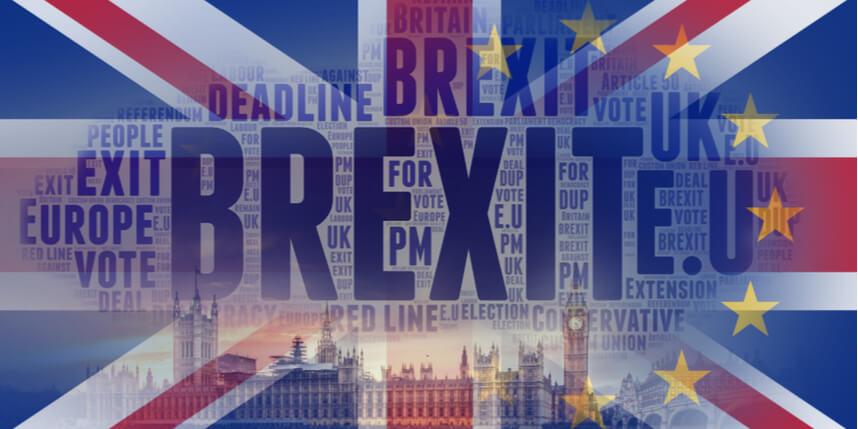Brexit Delays Creating Obstructions in Property Markets
04 Apr 2019
London real estate provided one of the most dependable long-term growths till 2014, but after 2016, the market continued to show stagnation and decline in some regions. The experts believed the uncertainty around Brexit led to a decline in property transactions by 14 per cent in the city in 2018, and the transactions were 20 per cent down in the last four years.
The market is inactive, but property values sustained even after Brexit due to the continued ability of the buyers to borrow money. As a result, although there has been a decline in price in London, it is still the most expensive place to own a house, with an average price of £472,000.
Foreign investment fell to the lowest since the first quarter of 2016 in the last three months as per Definitive data, mainly over the uncertainty of the EU – UK exit. Since 2009, foreign investment in real estate was at least $6.4 billion, which grew to $22 billion in 2014 but declined after the Brexit vote to $15.9 billion.
The reason is the introduction of stamp duty reform in 2014-2015, which has been one of the obstacles that resulted in a drop in investment. Since the introduction of the stamp duty, investment dropped by over 20 per cent, and the Brexit announcement further resulted in a slump in transactions.
New Buyer Queries Declining
A London-based real estate company said a huge drop in properties registered/listed for sale could be seen. RICS data find the new buyer queries in February declined by six months, and the average time is taken to sell reached new highs of 19.4 weeks. Some buyers preparing to invest in real estate are now staying longer in rental accommodations.
Brexit is not behind the decline in price, but Brexit delays and unpredictability have created stagnation in the market, where the number of renewals in rental agreements has increased.
Price In Scotland and Ireland Increased on Higher Demands
The price in Wales increased 4.6 per cent in January, and in Northern Ireland, it increased 5.5 per cent, while Scotland's prices increased 1.3 per cent to £149,000.
The price in the Scotland capital is up 7.6 per cent annually, down by almost 10.6 per cent at the end of 2018, and Scotland remains one of the fastest-growing cities in Europe as per Knight Frank's latest index.
In Edinburg, the price of family homes continues to grow at the rate of 9.2 per cent y-o-y, and the price of flats was 5.1 per cent up on a y-o-y basis. However, insufficient supplies drive the growth in the Edinburg property market, and several prospective buyers are waiting for the Brexit conclusion to see new properties for sale.
Brexit delays have slowed activities, creating hesitation even for second-home buyers. The landlords want to gain further clarity on the impact of Brexit before reaching a decision.
The highest decline in the listing of properties in Edinburg can be found where the properties are priced at more than £500,000.
Prices To Gain in Post-Brexit Phase
A recent survey of RICS finds Brexit to be the main obstacle for the market, where more than 75 per cent of the real estate agents find the uncertainties have been holding back buyers and sellers. However, the experts also state the market is stable, and the prices will not spike up immediately on the Brexit conclusion but may gain in the post-exit phase.
To know more about UK properties, click Hamilton International Estates (www.hamiltoninternationalestates.com).
Categorised in: All News












